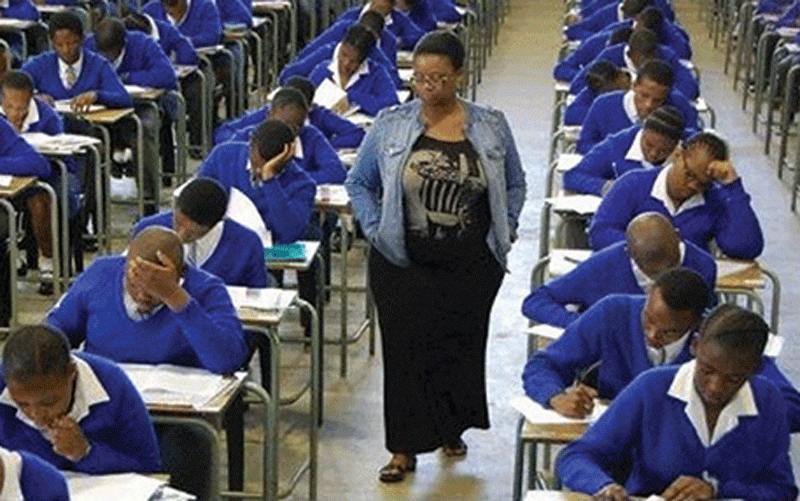
VARIOUS stakeholders have expressed concern over the poor performance at some satellite farm schools established after government’s controversial 2000 land reform programme.
Some of the schools registered a zero pass rate in the 2023 Zimbabwe Schools Examination Council (Zimsec) Grade Seven examinations.
In Hurungwe district, Mashonaland West province, 10 out of 174 schools scored 0% in this year’s Grade 7 examinations whose results were released last week.
The satellite schools are mostly found in resettlement areas and face infrastructural development challenges.
The schools are Tashinga, Davare, Nevern, Makwiye, Mupuse, Kilrea, St Michaels, Hilltop and Kemapondo, while Badze is an established rural school.
A senior education officials who spoke to NewsDay attributed the poor performance to neglect by authorities especially in and around farming communities.
“The challenges include poor road network, lack of mobile accessibility, accommodation, water and sanitation, among others. There is no electricity at most schools. Trained teachers snub deployment to these schools. Morale is always low,” said one of the officials who said he was not authorised to speak to the Press.
Other officials also cited alleged political intolerance targeting teachers deployed in these schools.
- Zimsec, teachers clash over Cala allowances
- Letters:Only an engineer can save Zimbabwe from her problems
- Furore over ‘exorbitant’ Cala charges
- Zimsec ‘O’ Level paper leaks
Keep Reading
“There is always tense political atmosphere around the farms. A teacher cannot execute duties professionally where some parents tend to be bullish and too political,” said another concerned education official.
Amalgamated Rural Teachers Union of Zimbabwe president Obert Masaraure said the marginalised cluster, commonly known as P3, continued to produce the worst results because of underfunding and general marginalisation.
“Recent resettlement areas are the worst affected because of infrastructure deficits. Unfortunately, the government has neglected the Nziramasanga Commission recommendation of an education equalisation fund. It is still useful and is needed as a matter of urgency,” he said.
The 1999 Nziramasanga Commission recommendations included introducing a nine-year compulsory basic education (junior school) cycle for all pupils in order to cultivate habits, attitudes, interests, skills and entrepreneurship.
“It is impossible to bridge the glaring infrastructure gap from the current national budget. A specific fund has to be established,” Masaraure said.
Noting that teachers avoid neglected communities, resulting in serious shortage of trained personnel, he said: “Buying learning and teaching materials is now a burden solely carried by parents. The majority of the parents in these communities are living in extreme poverty and do not even afford decent meals, let alone education materials. The State must fund basic education as mandated by section 75 of the Constitution that gives basic right to education.”
Masaraure further pointed that the Continuous Assessment Learning Activities (Cala) introduced a new barrier to access to education for the underprivileged, arguing that the majority cannot afford the materials needed to meet the Cala demands.
“Our education system is discriminating against the poor. We need a funding model which promotes inclusiveness. All P3 schools are affected nationally,” he added.
Commenting on the poor pass rate, Zimsec spokesperson Nicky Dhlamini, however, retorted: “What do you mean by zero pass [rate]? Zimsec does not rate schools at district or provinces level.”
According to Zimsec, girls surpassed their male counterparts during the Grade Seven examinations.
There was, however, an improvement in the overall pass rate this year to 45,7% from 40,7% last year.











